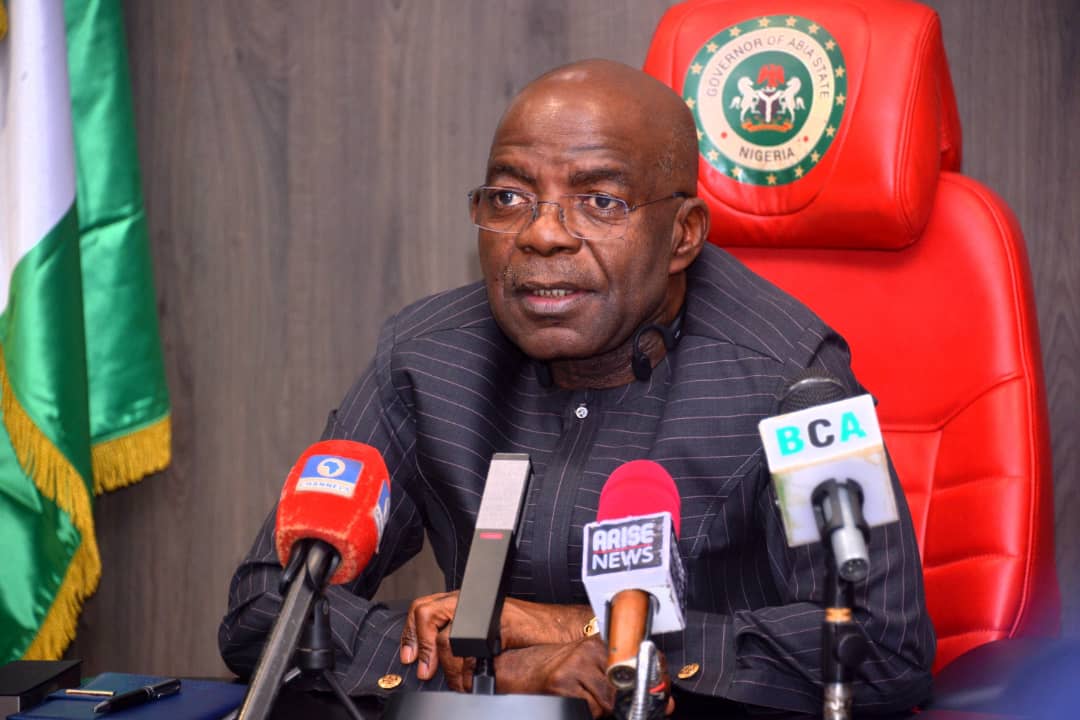As Abia State marks its 34th anniversary, health and sanitation authorities in Aba South Local Government Area have commended Governor Alex Chioma Otti, OFR, for what they described as remarkable progress in healthcare delivery and environmental cleanliness.
The Health Authority Secretary of Aba South, Mrs. Uchechi Enyinnaya told reporters that the administration’s retrofitting and reconstruction of health centers, provision of staff quarters, payment of long-overdue salary arrears, and deployment of trained healthcare workers have revitalized the sector.

“Several health centers have come back to life, and the welfare of staff is being given attention. These efforts are restoring public confidence,” she said, while urging sustained investment to fully upgrade facilities across the LGA.
In the same vein, the Director of Environmental Health, Mr. Emeka Nwankwo, applauded the Otti administration for renovating structures destroyed during the 2020 #EndSARS protests and for ensuring prompt salary payments and operational incentives.

According to him, Aba’s sanitation outlook has witnessed a “dramatic transformation.”
“The Aba we knew then is not the Aba we see today. From Osisioma to Aba-Owerri Road, Bata, Ogbor Hill, and even the hinterlands—refuse heaps are now a thing of the past,” he said.
Mr. Nwankwo credited the turnaround to regular monthly sanitation exercises, ASEPA’s active waste collection, and the introduction of scavengers who now clear refuse daily.
Despite these strides, he highlighted persisting challenges, including public apathy toward hygiene, inadequate vehicles for corpse evacuation, impersonation of health officers for extortion, physical attacks on sanitation staff, and delays in implementing an enhanced salary structure for workers.
He therefore appealed for branded utility vehicles for the Environmental Health Department to boost operations and curb impersonation.
Mr. Nwankwo further urged residents to take greater ownership of sanitation efforts:
“Aba is no longer considered a dirty city in the South-East. Let us emulate communities like Calabar, where citizen participation has driven change.
Together, we can make Aba and Abia, cleaner and healthier for all.”

























